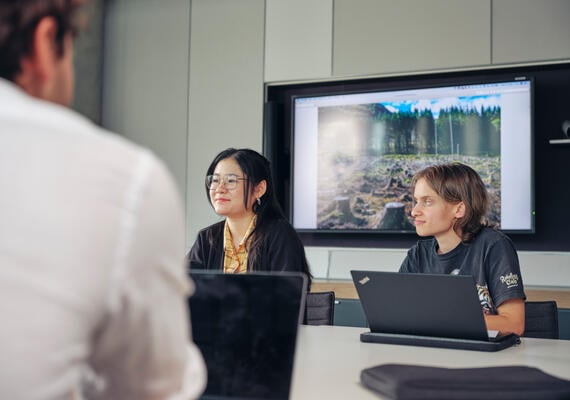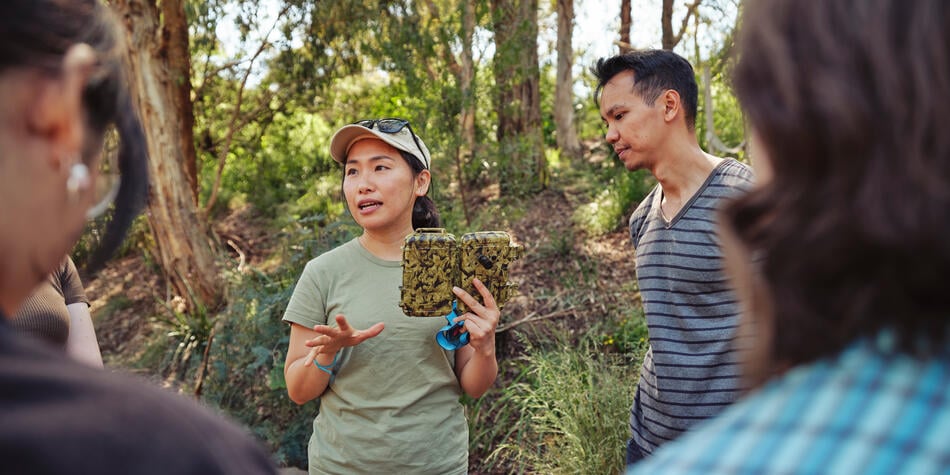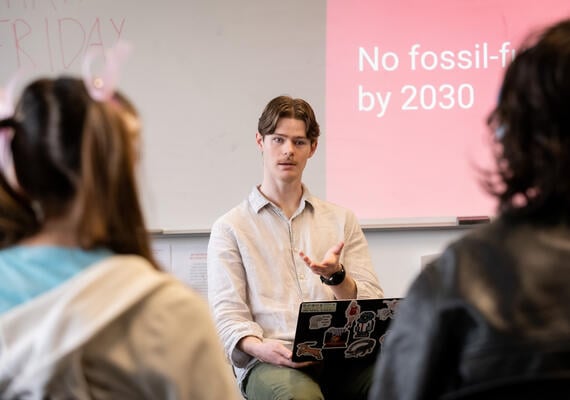
Communicating science unit
We’ll help you develop the key skills to create and disseminate science communication for various formats, including brochures, posters and mixed media. Plus you’ll learn about public attitudes, political engagement and ethics, and gain an understanding of the importance of science communication in society.


